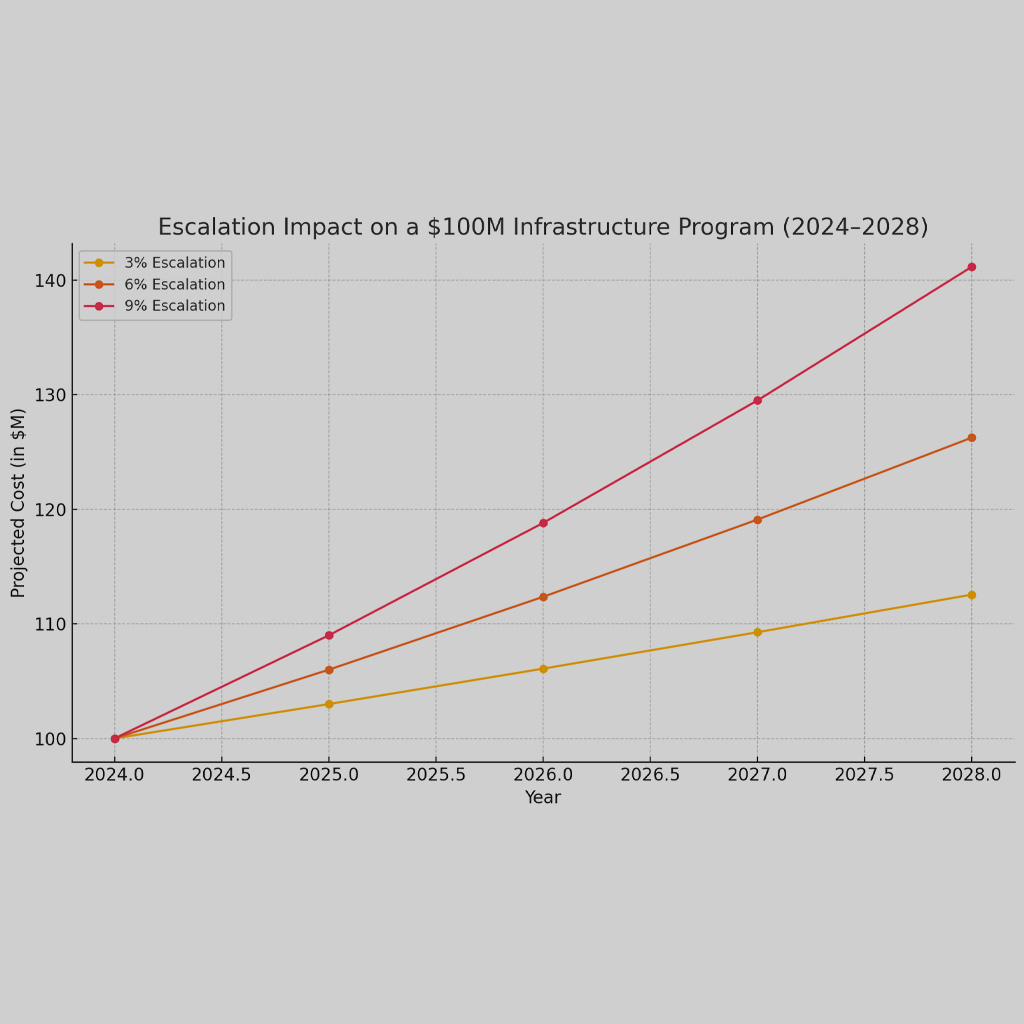What is the Local Government’s Role When Hiring a Program Management Consultant?
In the complex landscape of capital improvement and infrastructure projects, Program Management Consultants (PMCs) are often hailed as the silver bullet. They bring specialized expertise in budget oversight, schedule enforcement, compliance, vendor management, and stakeholder communication. However, the notion that hiring a PMC is a “set it and forget it” solution is a dangerous misconception. The reality is that the success of any project hinges on the active participation of local government officials.
The Imperative of Collaboration
The relationship between a PMC and a local government isn’t merely transactional; it’s a dynamic partnership. While PMCs offer specialized skills, the local government is not just a client but an active collaborator. Their engagement is not optional—it’s essential. The local government’s involvement can make or break the project’s success.
Decision-Making: The Heart of Progress
Local government officials must be more than just signatories on a contract; they need to be decision-makers in the room where it happens. Timely decisions on project scope changes, budget adjustments, and stakeholder disputes are not just beneficial—they are imperative. The local government’s decisiveness is the linchpin that holds the project together.
Advocacy: The Internal Champion
Local governments have a responsibility to be the PMC’s advocate within their own bureaucratic structure. This means securing buy-in from various departments and stakeholders. Without this internal advocacy, even the most competent PMC will face roadblocks that hinder effective execution.
Accountability: A Two-Way Street
Accountability isn’t just a buzzword; it’s a mutual obligation. Local governments must hold not only the PMC but also their internal teams accountable. This involves regular check-ins, performance reviews, and transparent communication. A PMC can only be as accountable as the local government demands them to be.
The Limits of Authority: Where Local Governments Must Step In
While PMCs bring valuable recommendations to the table, their authority is not absolute. They can suggest, but not enforce. This is where the local government’s role becomes paramount. It is the local government that must enforce program controls and ensure the universal adoption of best practices.
Conclusion: The Indispensable Partnership
In conclusion, PMCs are invaluable in executing capital improvement and infrastructure projects, but they are not standalone solutions. The local government’s active engagement, decision-making, advocacy, and accountability are not just beneficial but crucial. This partnership is the bedrock upon which we can transform the construction industry and revolutionize client expectations. Local governments must not just participate but lead in this symbiotic relationship, for the betterment of both their communities and the industry at large.
At Front Line Advisory Group, we are pioneers in Capital Improvement Bond Management, leveraging unparalleled expertise and deep industry insights. Our mission extends beyond consultation – we empower our clients to realize the full potential of their investments, ensuring tax dollars are put to maximum use through astute Program Management Consulting. For more information or to commence your journey towards transformative bond management, reach out to us at info@frontlineadvisorygroup.com













